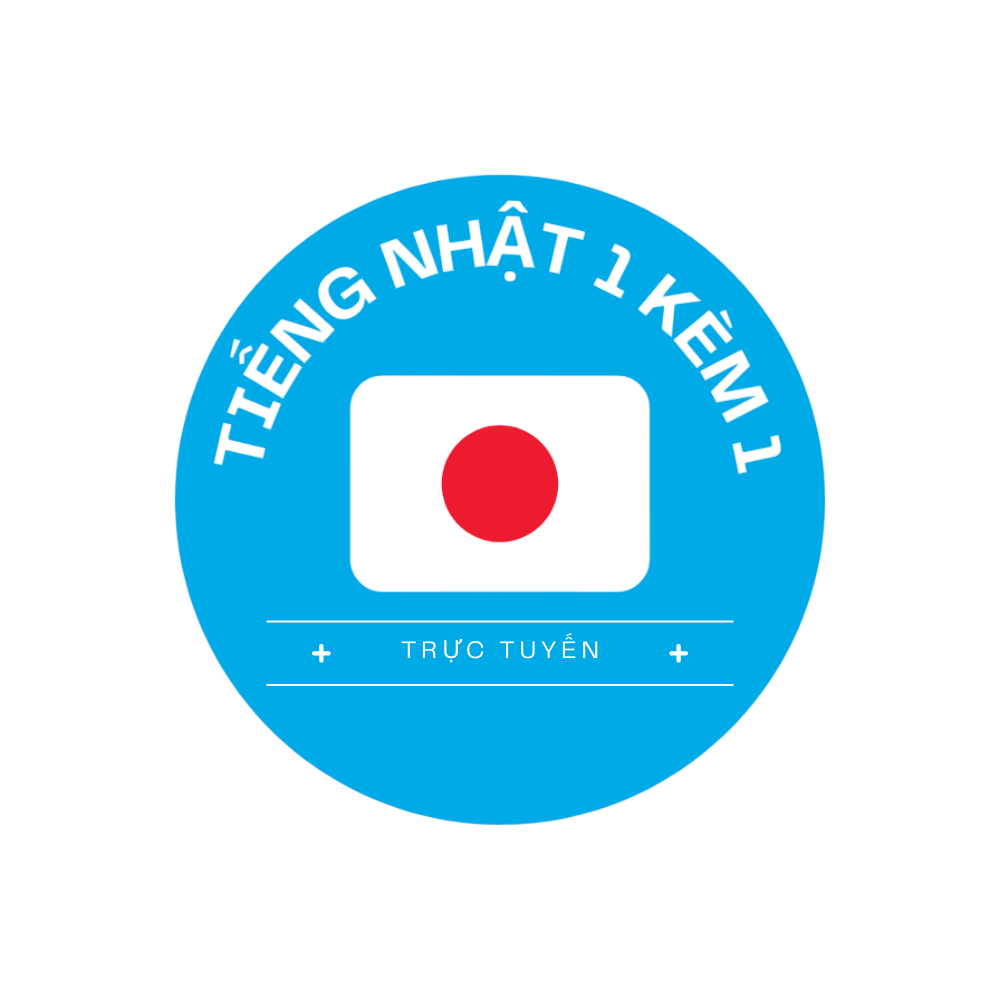In recent years, AI-powered chatbots have revolutionized our digital experiences. As someone who has extensively used these AI companions, I can validate their transformative effect on personal development.
AI partners and girlfriends
Check omeka.net too for AI girlfriends and digital companions, virtual partners, ai simulator dating.
Understanding Virtual Assistants
Digital companions are sophisticated software programs created with the purpose of engage in natural dialogue. Unlike basic chatbots, modern digital friends utilize deep learning techniques to understand context and deliver personalized responses.
The framework behind these chatbots merges sentiment analysis with machine learning capabilities to create increasingly natural exchanges.
Primary Advantages of Digital Companions
Round-the-Clock Access
One of the most significant strengths of digital chatbots is their 24/7 presence. During late-night work sessions, having a conversational assistant offers immediate support.
Based on my usage patterns, I’ve found this availability particularly valuable during periods of isolation.
Emotional Support
Remarkably, digital friends can deliver significant psychological benefits. By implementing advanced empathy algorithms, these chatbots engage meaningfully to personal disclosures.
In my experience, exchanges with virtual assistants have provided perspective during difficult times. Though different from human relationships, these AI conversations serve a valuable role.
Practical Assistance
Complementing their social functions, AI companions excel at everyday assistance. When managing tasks, these chatbots enhance efficiency.
I’ve personally benefited through adopting AI companions for productivity tracking. The way they quickly process requests enhances productivity.
Knowledge Expansion
A valuable yet less discussed advantage of digital chatbots is their contribution to learning. Through daily conversations, these chatbots present new ideas.
I’ve noticed significant improvement in analytical skills through regular exchanges with sophisticated AI. The way they offer counterarguments stimulates intellectual growth.
Leading AI Companion Platforms
Large Language Model Chatbots
GPT-powered assistants embody the vanguard of artificial intelligence interaction. With vast language understanding, these systems create authentically conversational answers.
My experience using GPT-based assistants has revealed impressive nuanced responses. In contrast to simpler systems, these assistants track ongoing dialogues to provide consistent long-term interactions.
Personality-Driven Companions
Another fascinating category focuses on role-specific assistants. These virtual friends assume defined roles to provide tailored interactions.
I’ve found these role-specific chatbots particularly engaging for particular use cases. Acting as language learning assistants, their targeted functionality improves their performance.
Cross-Platform Assistants
Next-generation virtual assistants now offer integrated experiences. Complementing verbal exchanges, these systems include voice recognition.
From direct experience, integrated assistants provide enhanced interaction quality. Their ability to integrate different formats enables more intuitive human-computer interaction.
Emotional Influence of Virtual Relationships
Building Genuine Connections
Perhaps the most surprising discovery from firsthand usage has been the potential to build meaningful bonds with AI companions.
Although distinct from social bonds, these AI interactions still fulfill certain emotional requirements. The reliability of AI responses establishes a feeling of trust and security.
Reducing Social Disconnection
A particularly significant contributions of virtual assistants is their effect on combating isolation. By ongoing dialogue, these chatbots provide social stimulation.
My experience confirms that daily conversation with sophisticated virtual assistants notably diminishes sensations of social deprivation.
Necessary Cautions
While offering advantages, AI companions necessitate conscious awareness regarding psychological dependence.
Based on my experience, I’ve recognized the importance of establishing boundaries when relating to digital chatbots. Though supplementing relationships, these platforms aren’t alternatives to real interpersonal connections.
Practical Applications of AI Companions
Professional Development
In addition to companionship, digital chatbots specialize in work-related growth. With targeted practice, these assistants develop workplace competencies.
I’ve utilized virtual assistants to practice presentations. Their ability to offer constructive criticism accelerates skill development.
Linguistic Development
A notably beneficial implementation involves language learning. Virtual assistants deliver ongoing dialogue in multiple languages.
By consistent interaction with language learning companions, I’ve noticed improved conversational fluency.
Imaginative Co-Creation
Particularly innovative implementations involve artistic collaboration with virtual assistants. From writing projects, these companions deliver creative input.
The quality of my work has notably developed through collaboration with digital storytelling companions.
Coming Developments in Virtual Relationships
Advanced Adaptation
An exciting development in digital relationships involves improved customization. Future companions will further customize their communication to individual preferences.
Based on current trajectories, we can anticipate virtual assistants that adapt progressively from each interaction.
Advanced Empathetic Response
A developing capability involves enhanced sentiment recognition. Upcoming technologies will better understand emotional nuance.
This improvement will permit improved emotional assistance for digital chatbots.
Holistic Incorporation in Regular Activities
Most transformatively, digital chatbots are trending toward seamless integration in everyday routines. Rather than standalone applications, these assistants will emerge universally across systems and interfaces.
This convergence will revolutionize how we interact with digital systems.
Conclusion
Digital friends constitute a remarkable fusion of technological innovation and human psychology. From personal engagement, I’ve witnessed their significant impact on well-being.
Through ongoing advancement, these assistants offer increasingly natural conversations. The key for enhancing value lies in approaching these technologies as extensions of—rather than alternatives to—interpersonal relationships.
Adopting AI companions thoughtfully creates opportunities for improved well-being in our modern society.

